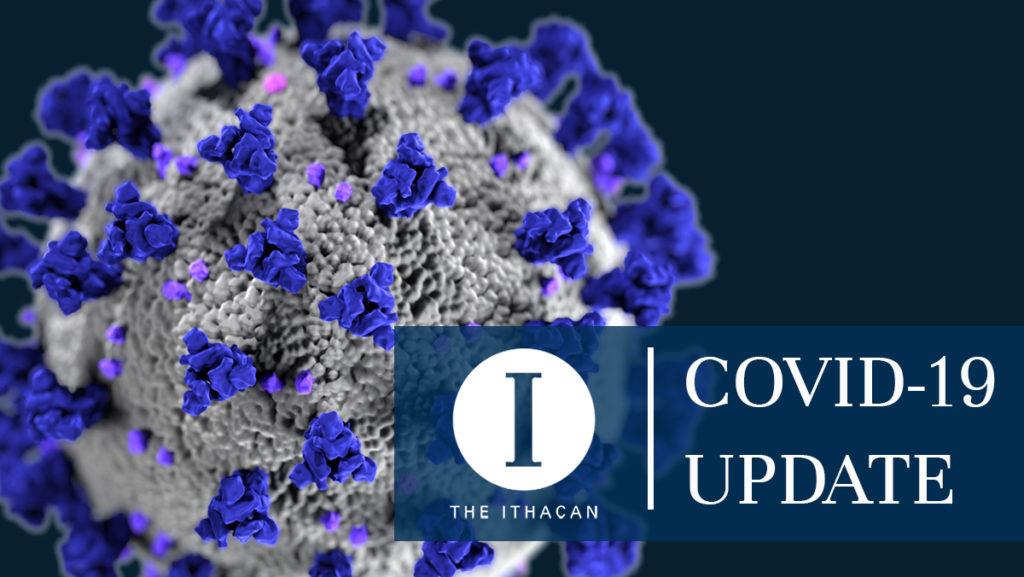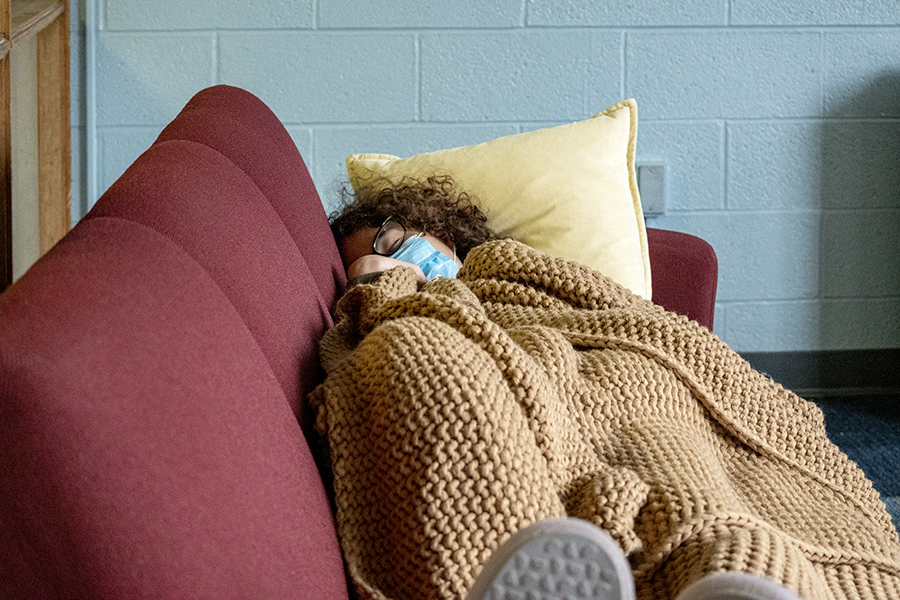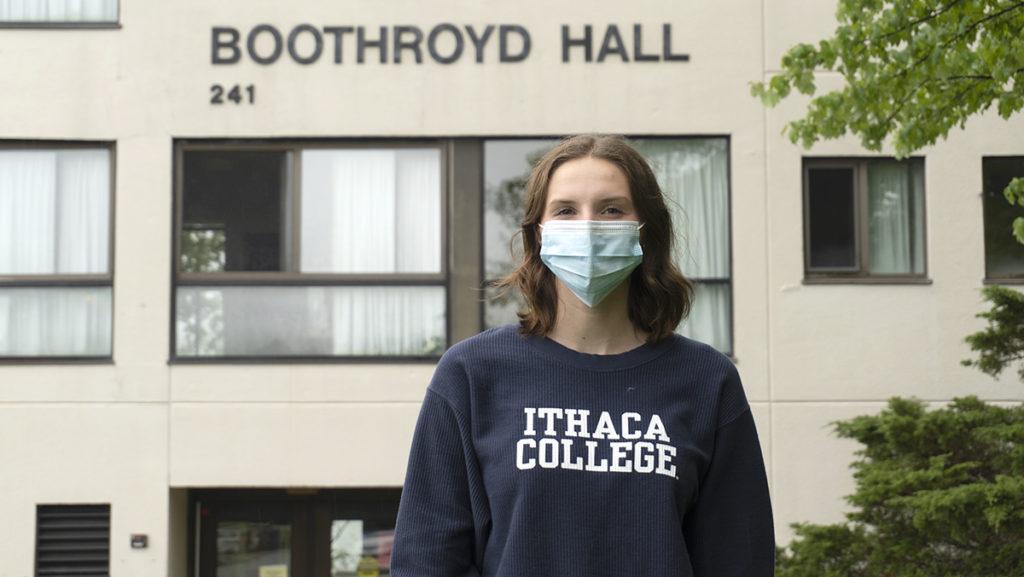The new Omicron subvariant BA.2 was detected in Tompkins County, but the Tompkins County Health Department (TCHD) said hospitalizations are low, in a statement released March 28.
The U.S. Centers for Disease Control and Prevention reported that the Omicron subvariant BA.2 is now the dominant strain of COVID-19 in the U.S. Both Cornell University and the Cayuga Health System’s COVID-19 testing have detected the variant, but the systems are still waiting for the sequencing to be confirmed on positive cases.
As of March 28, Tompkins County has a total of 29 new positive cases with only three active hospitalizations, according to the TCHD data. As of March 27, Cornell University has 433 active cases, including both students and employees, according to the university’s COVID-19 tracking webpage. Ithaca College only has two active student cases and seven active employee cases.
Samm Swarts, assistant director for Emergency Preparedness and Response in the Department of Public Safety and Emergency Management, said the college will continue to monitor the situation and provide the college with updates as needed.
“Over the past several weeks there has been an increase in COVID-19 cases within the greater Tompkins County community,” Swarts said. “Many of these cases are associated with Cornell University and have not greatly impacted Ithaca College at the moment.”
Swarts said any student who has COVID-19 symptoms should seek testing immediately. The college offers COVID-19 testing from 9 a.m. to 5 p.m. every day at Emerson Hall.
In TCHD’s statement Frank Kruppa, Tompkins County public health director, said that though the variant is in Tompkins County, hospitalizations have not increased.
Kruppa said the low hozpitalization will allow other patients to have more access to services and care.
Symptoms of BA.2 are consistent with typical COVID-19 symptoms like fever, cough and respiratory issues.
“We can say with a high degree of confidence that BA.2 is circulating in our community,” Kruppa said in the statement. “It does not appear this variant is driving severe disease or hospitalizations, though we continue to monitor hospital admissions closely.”










